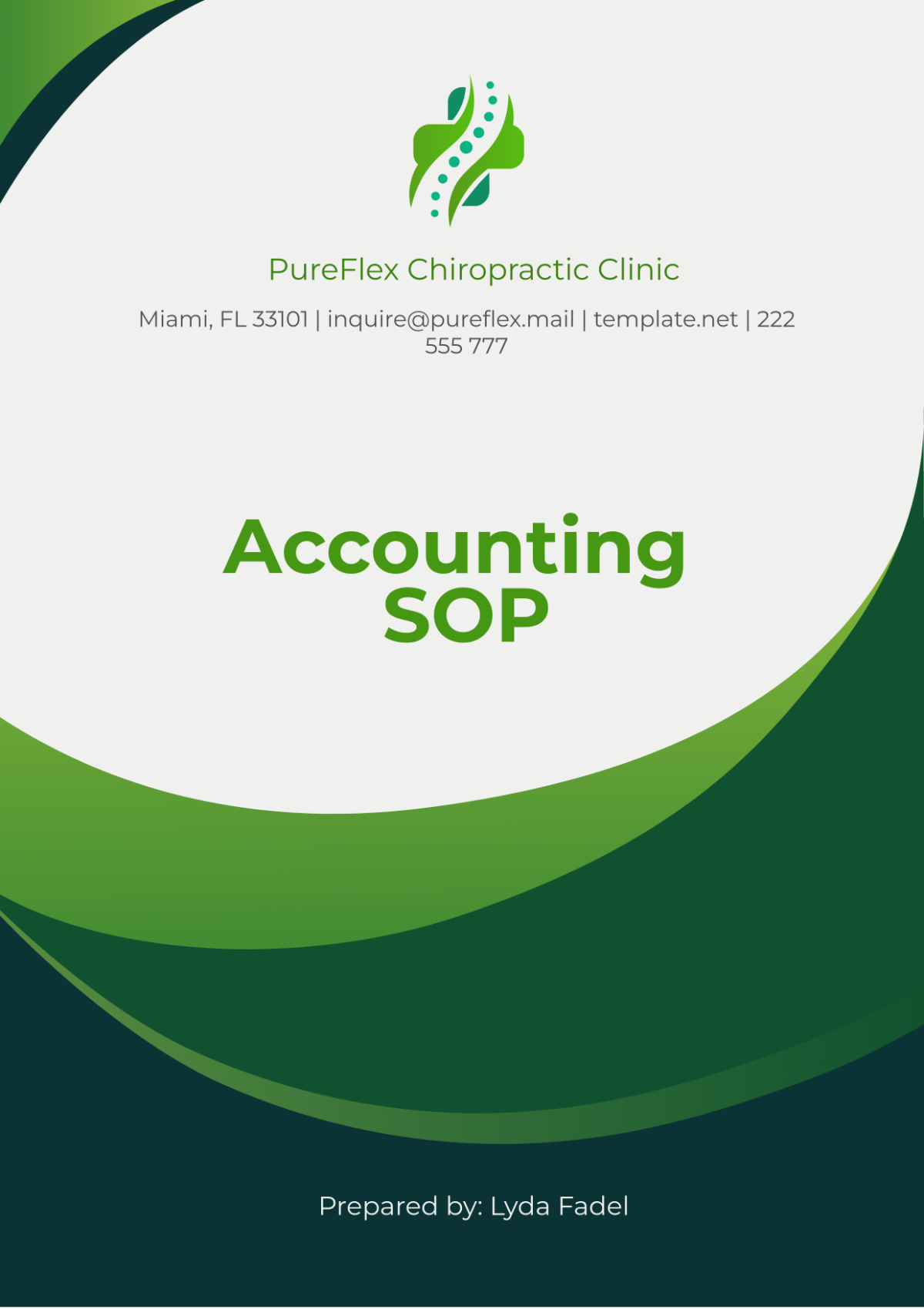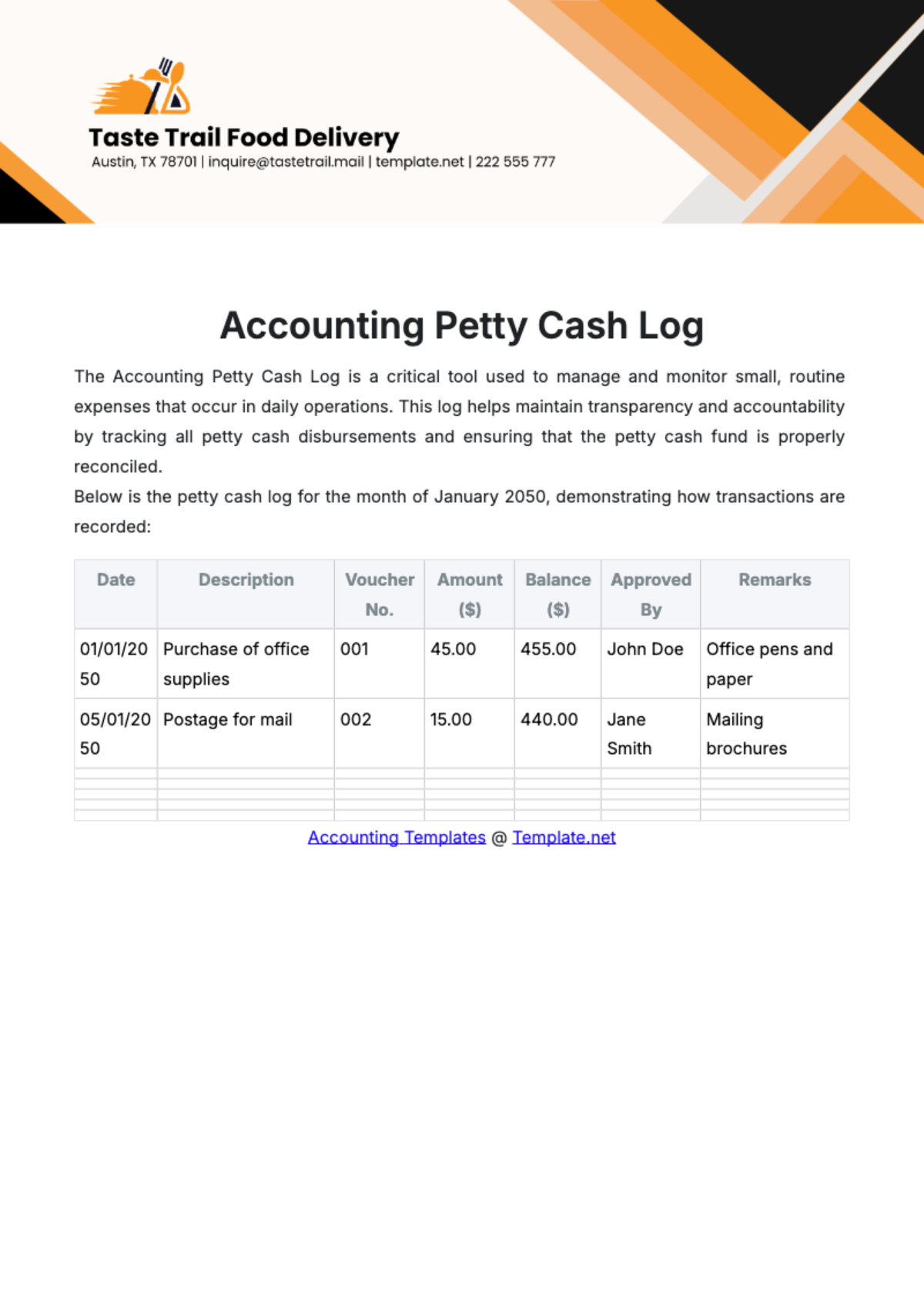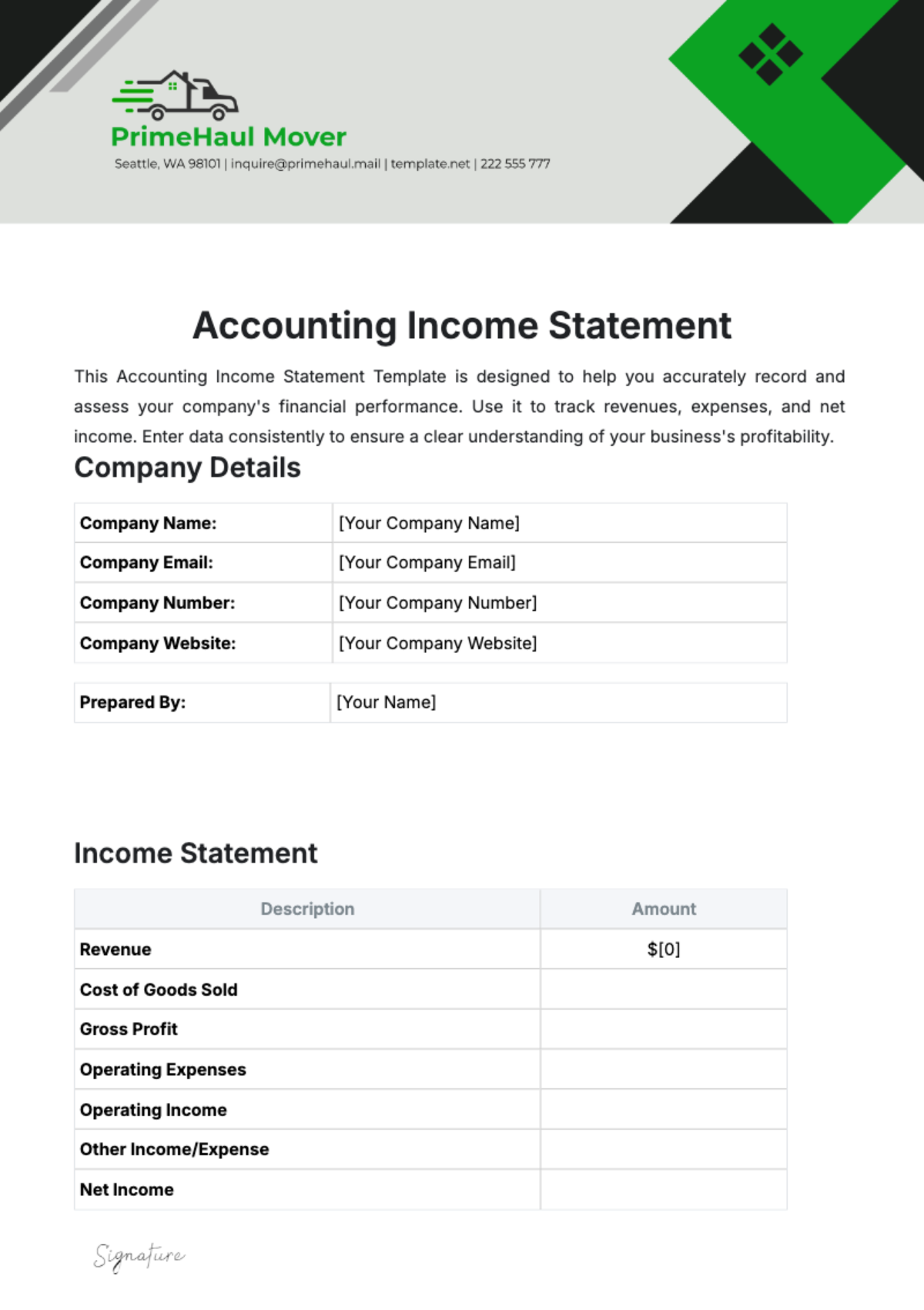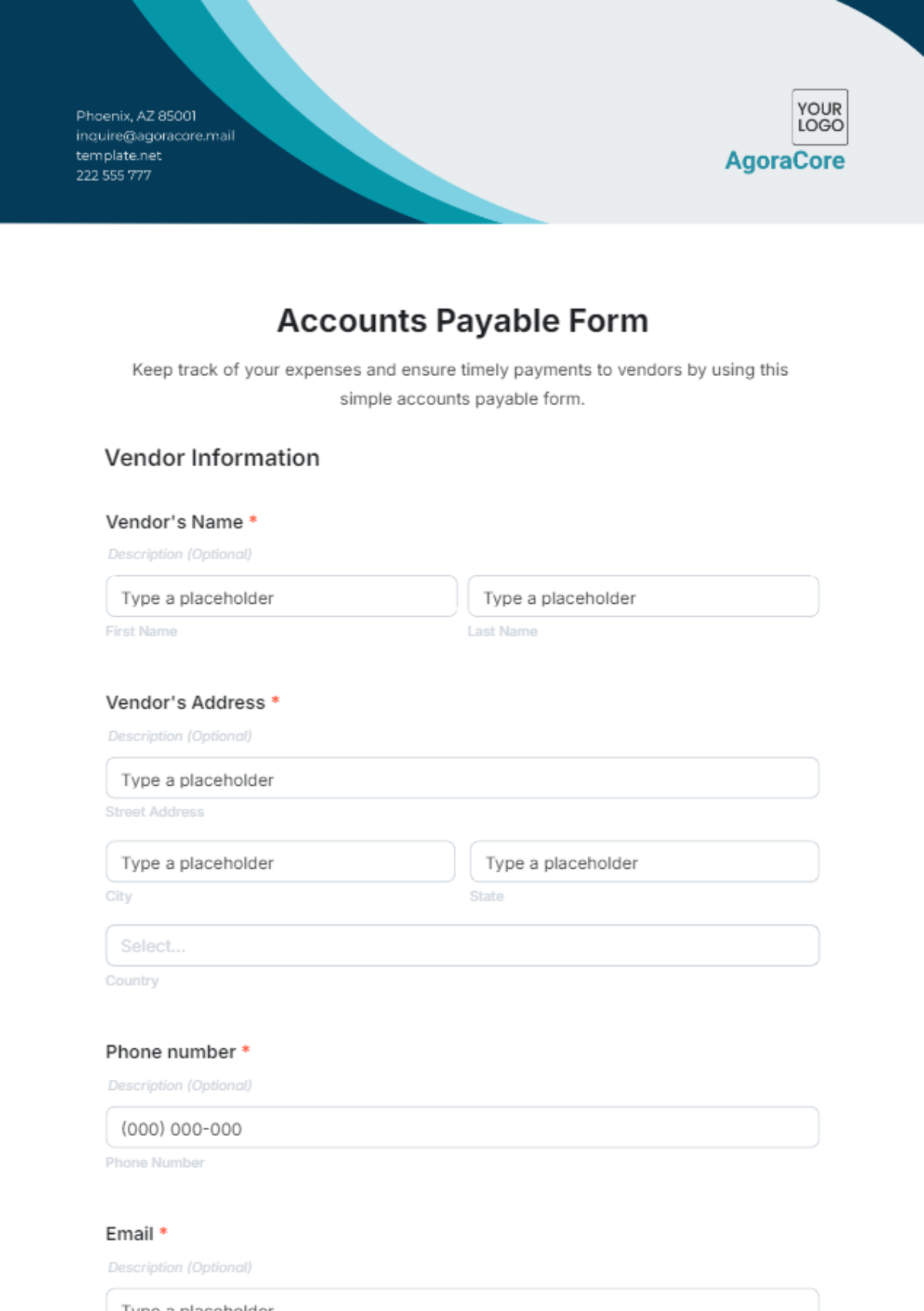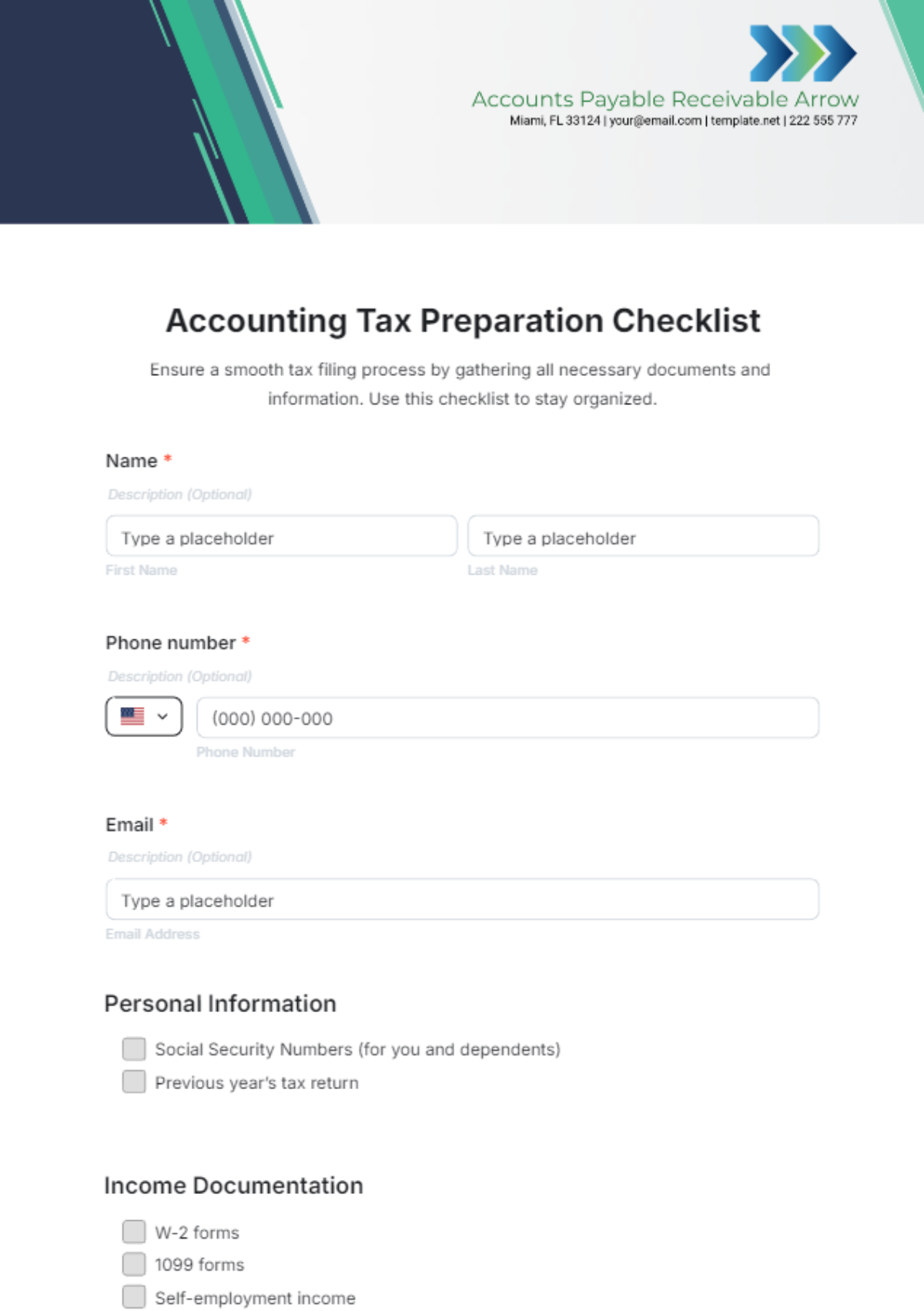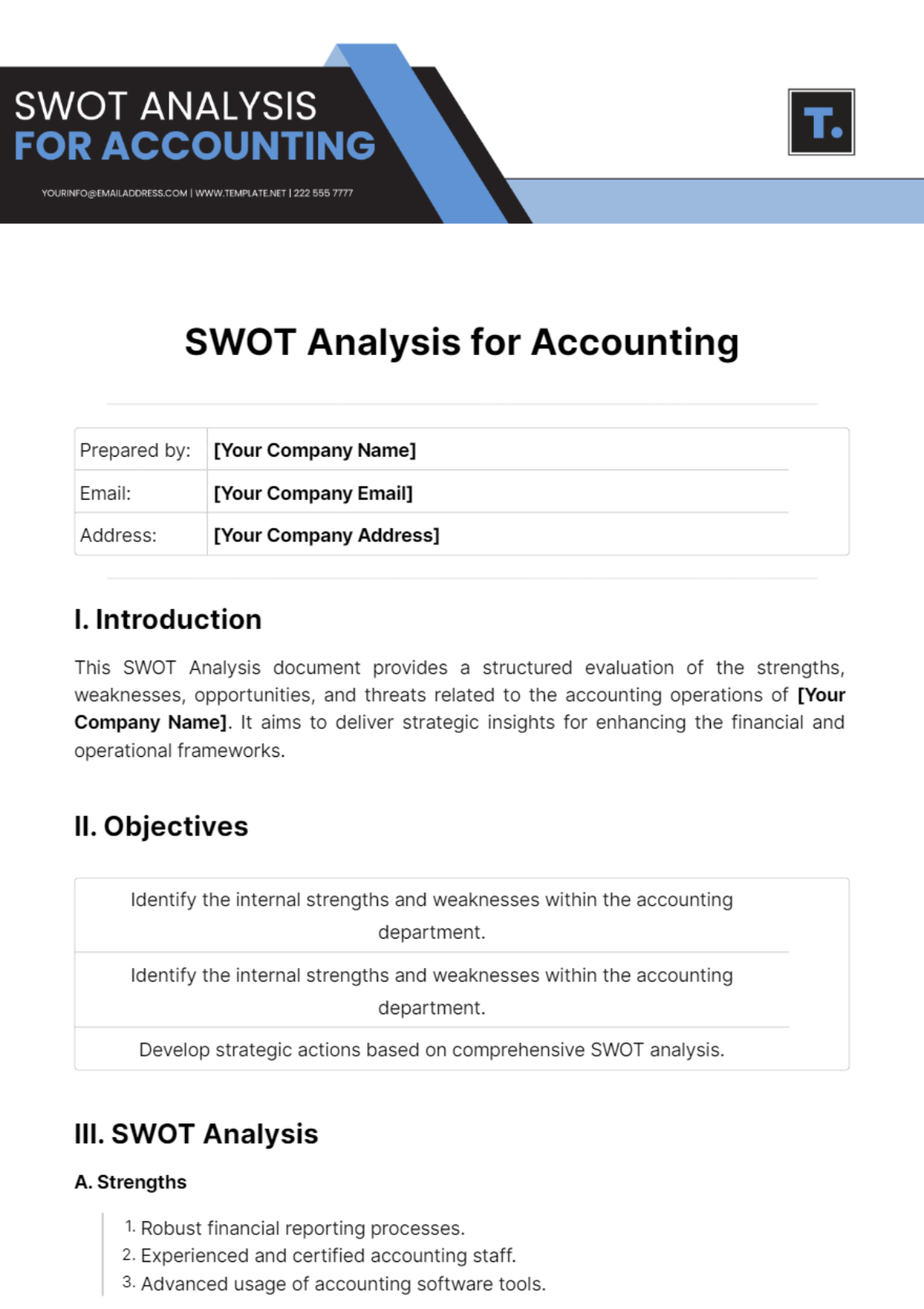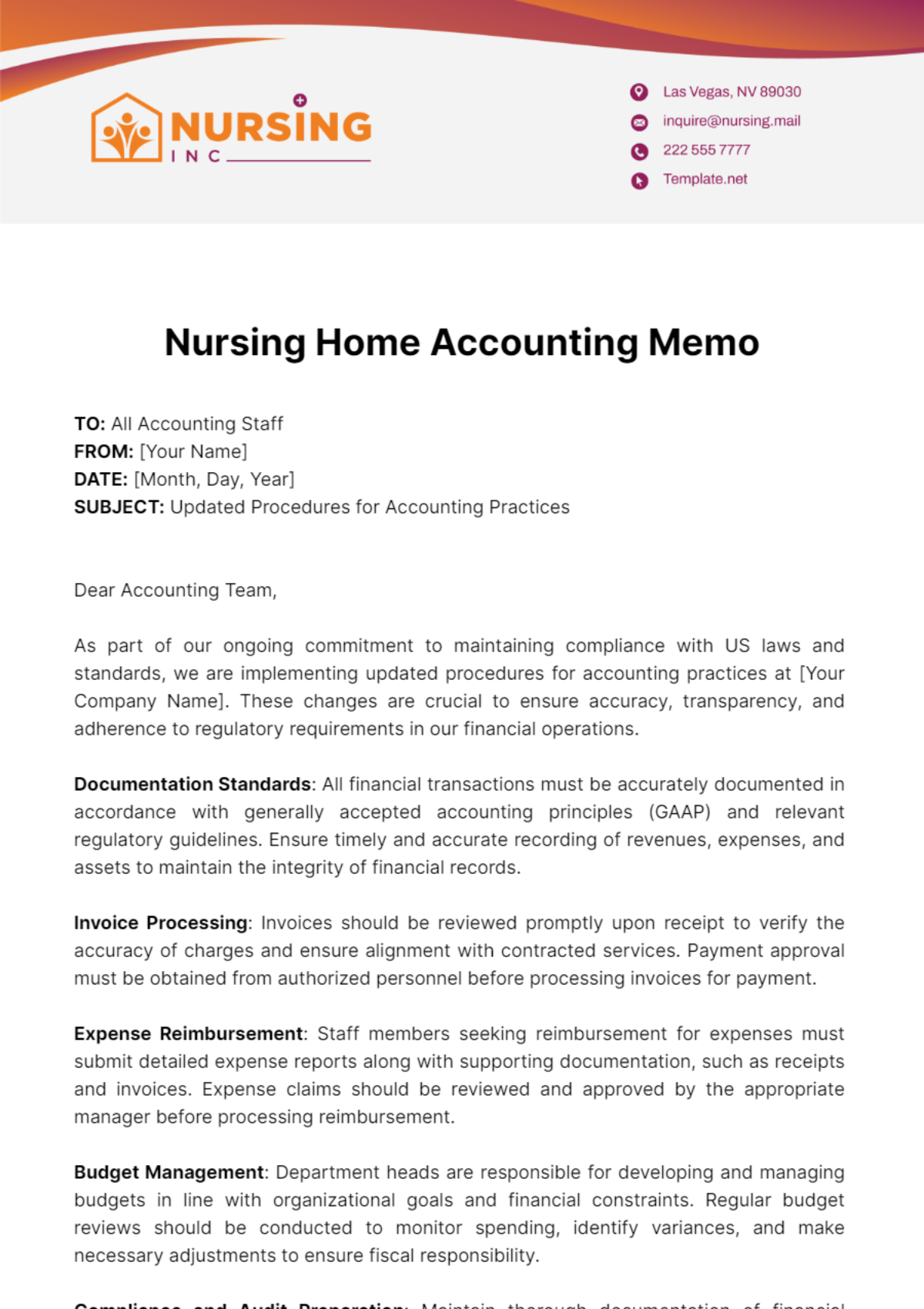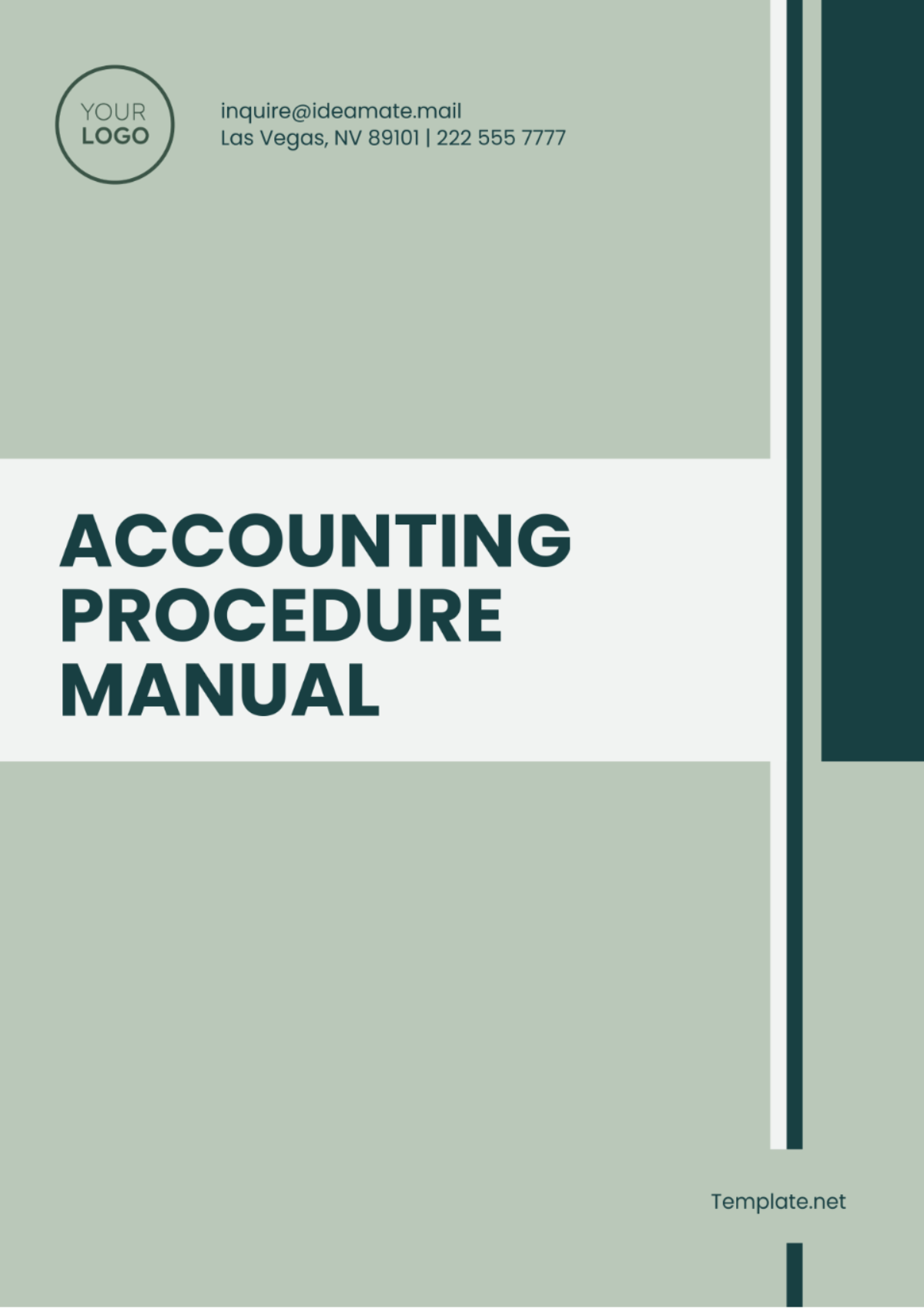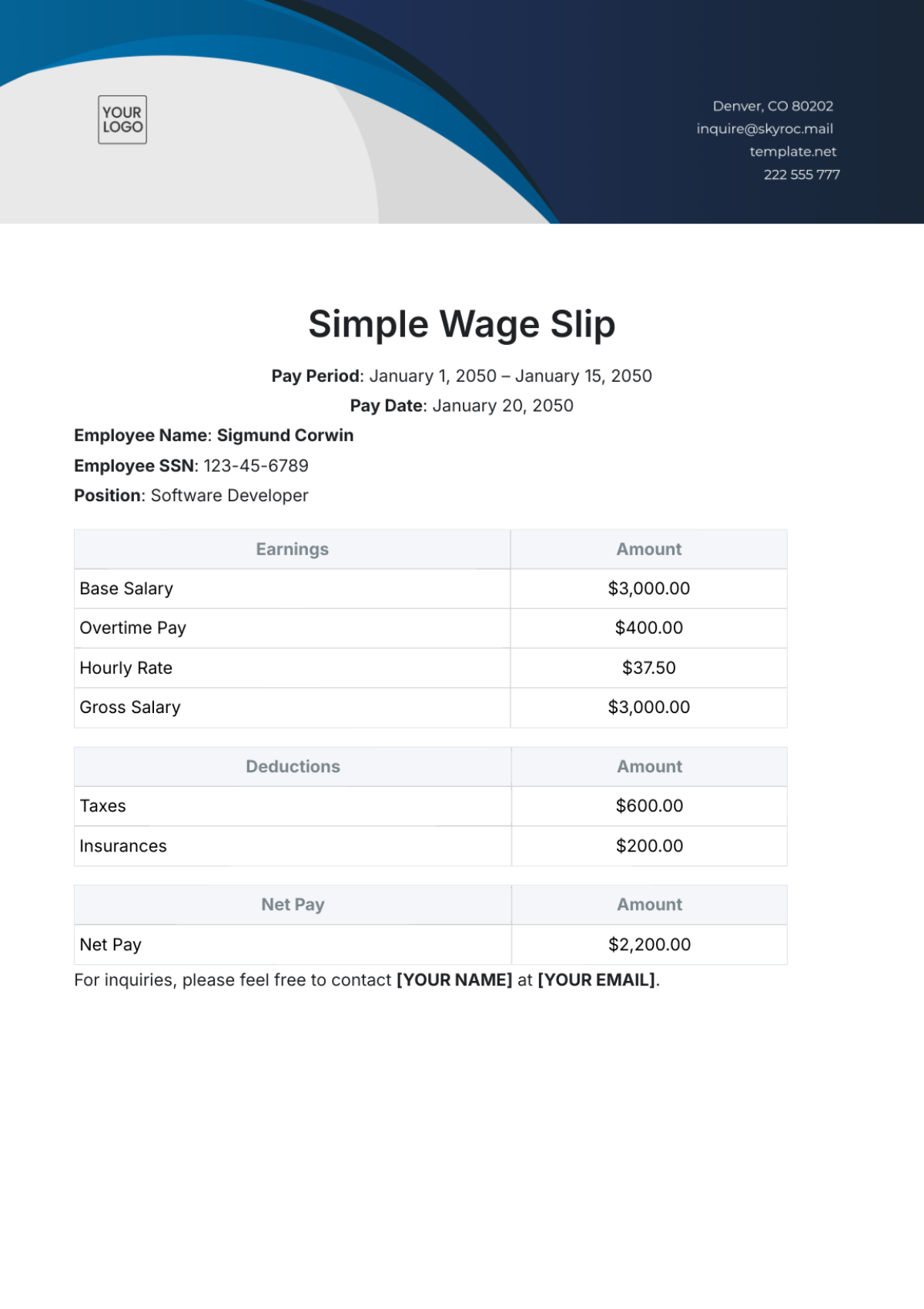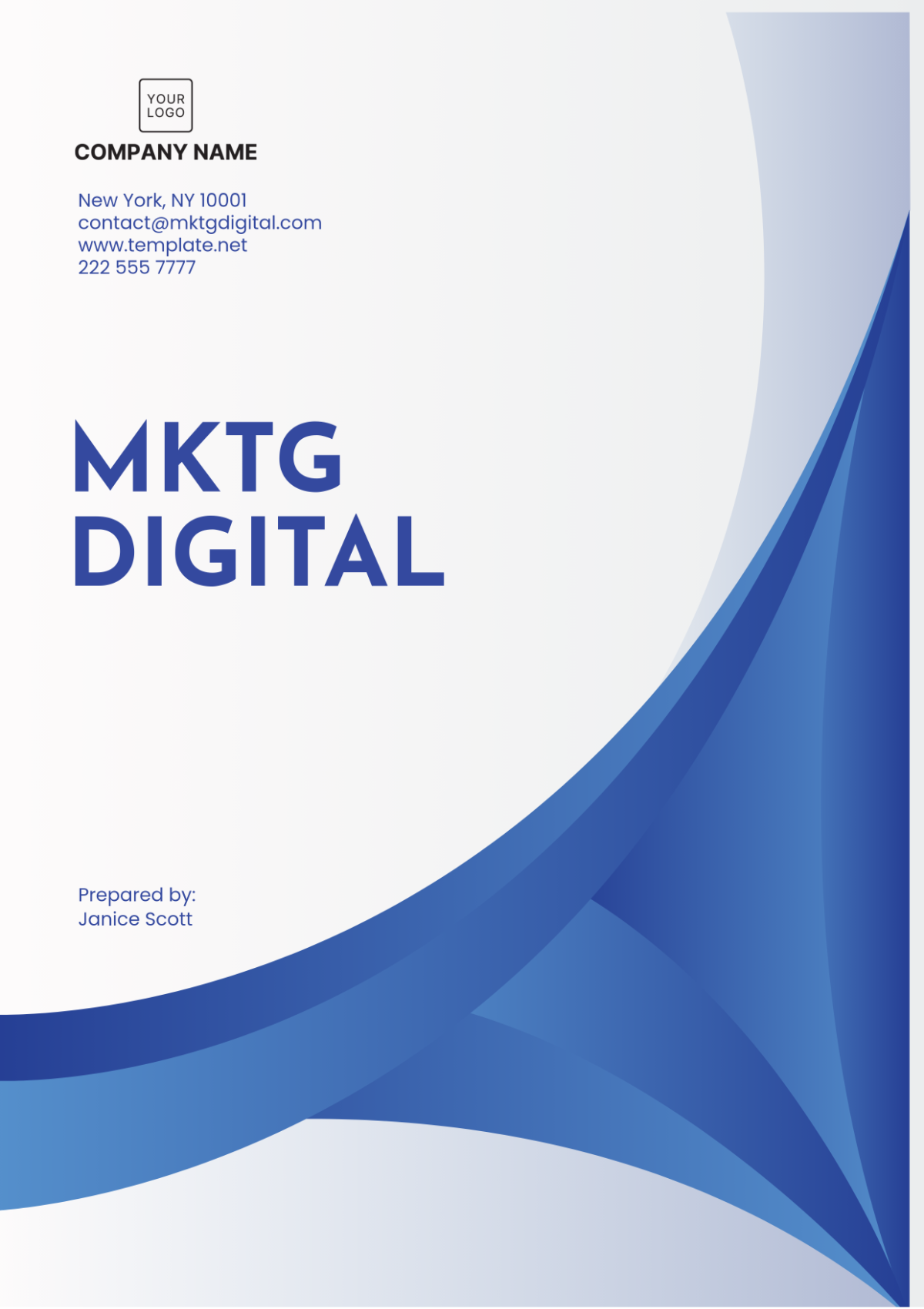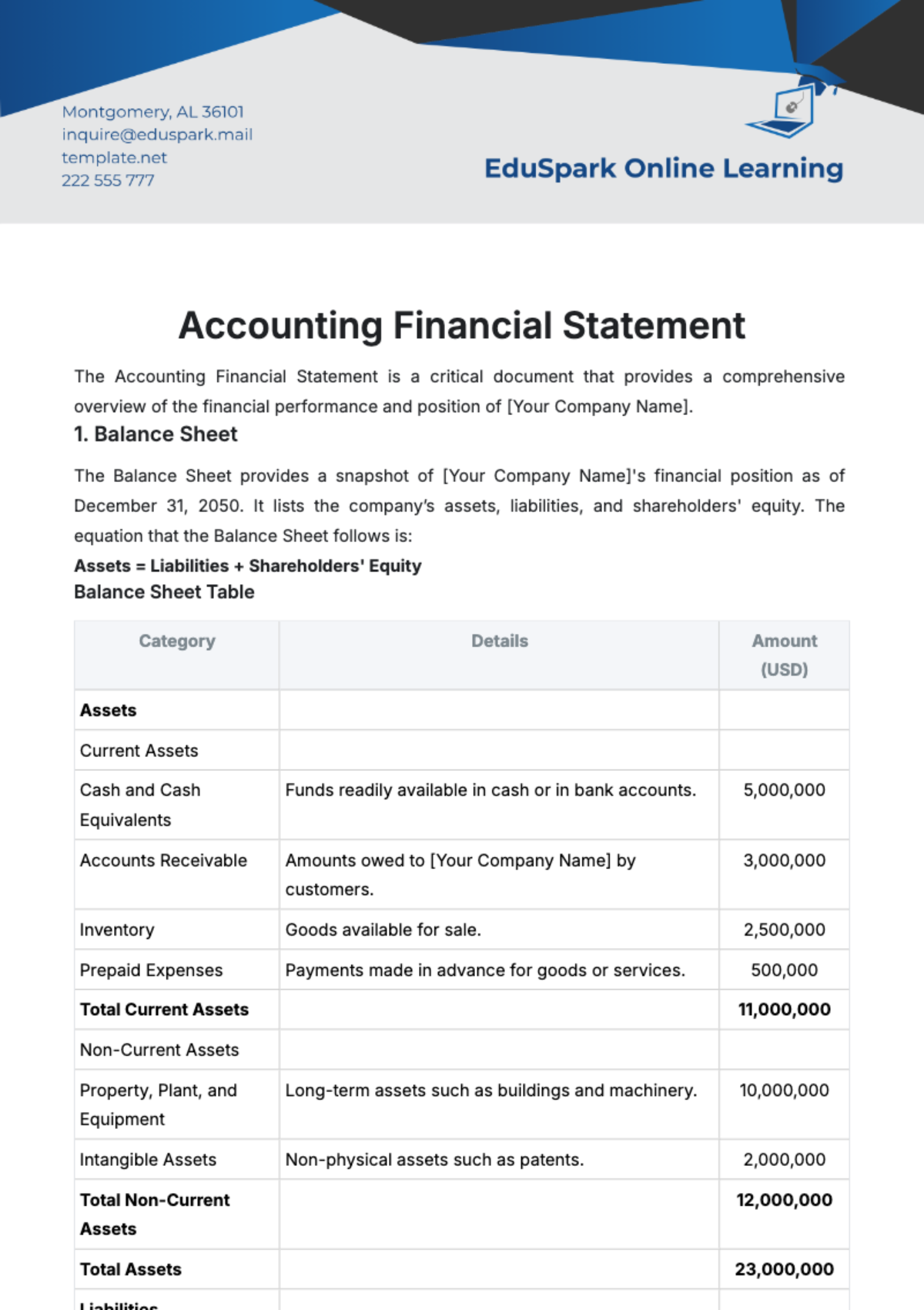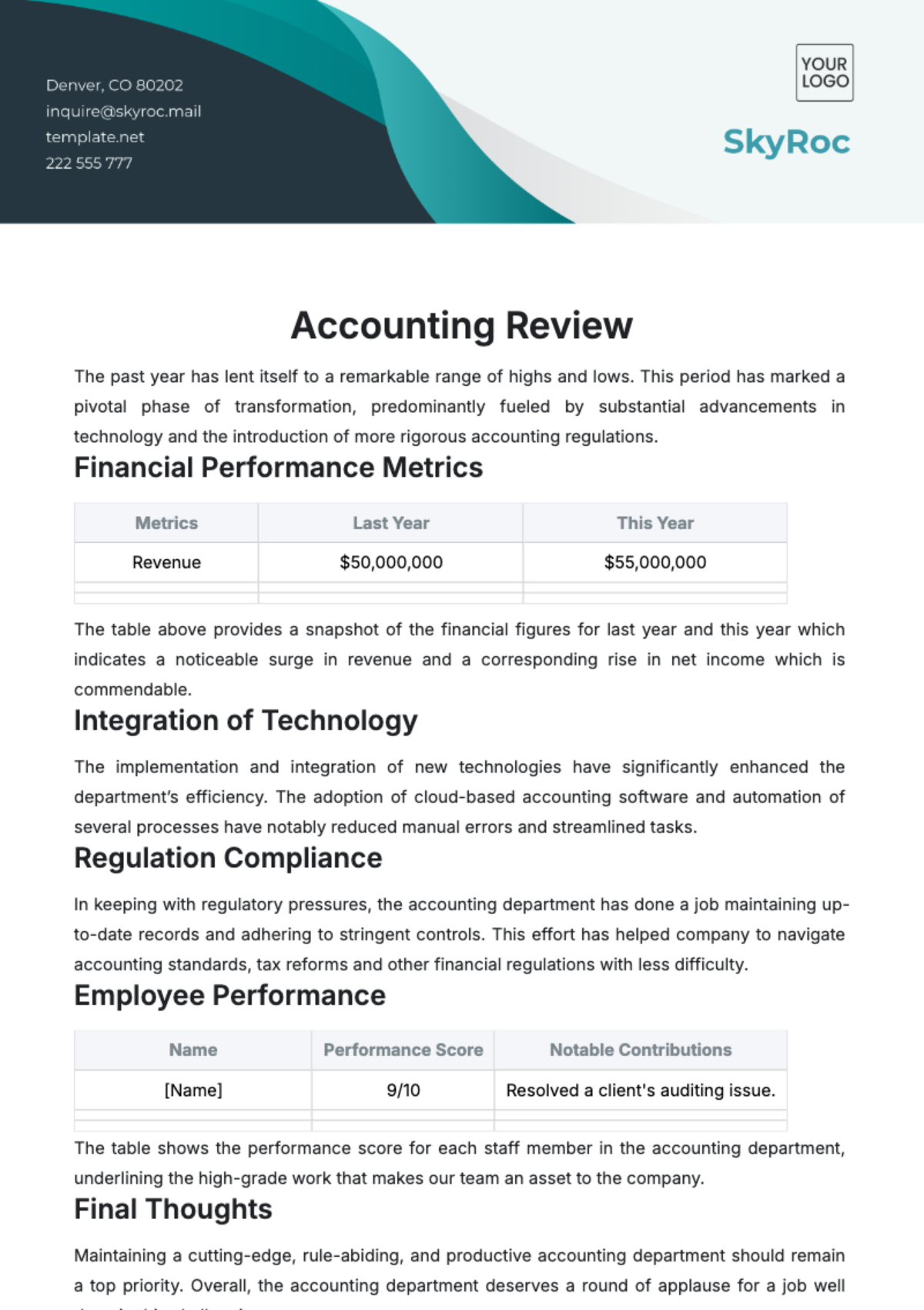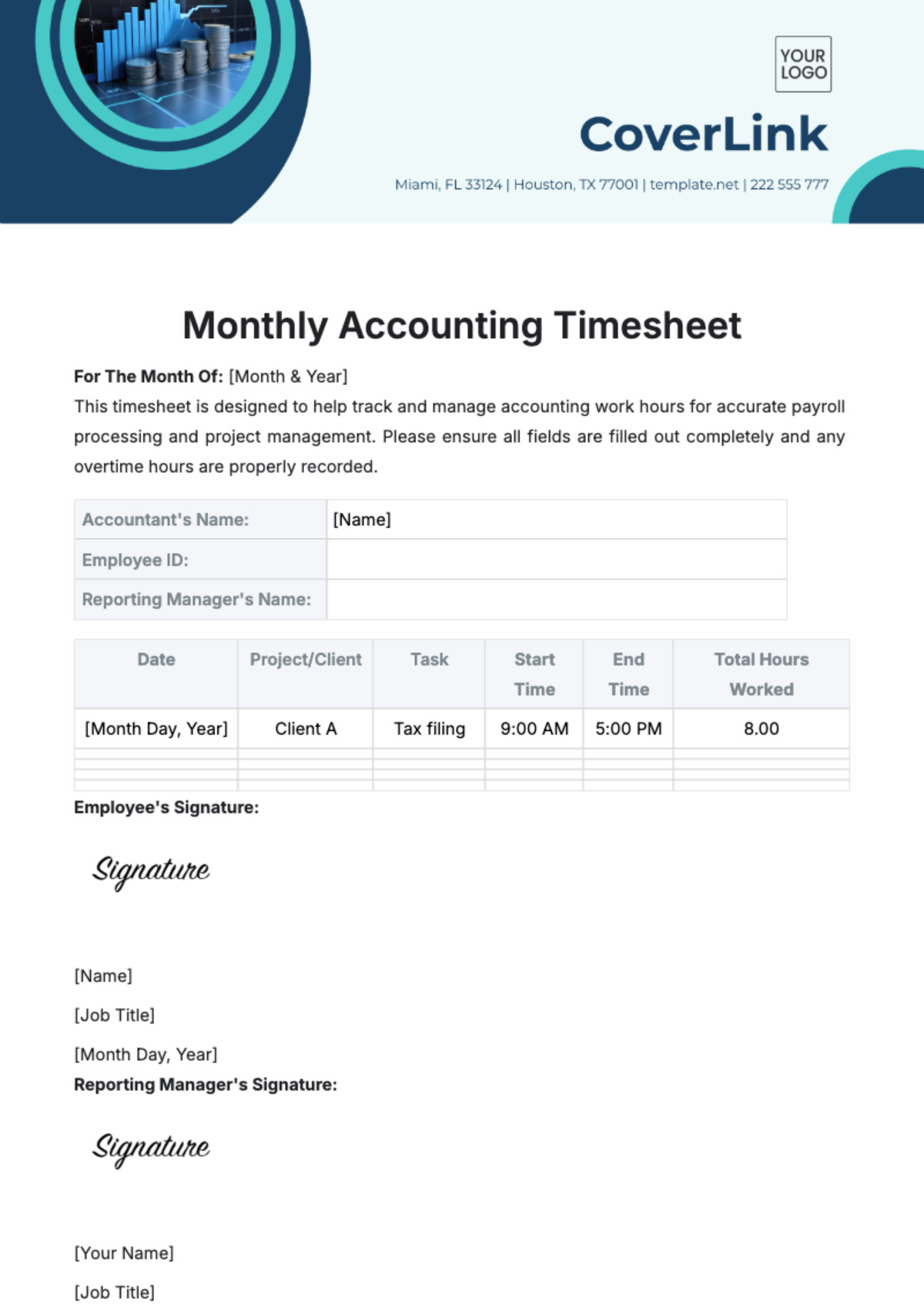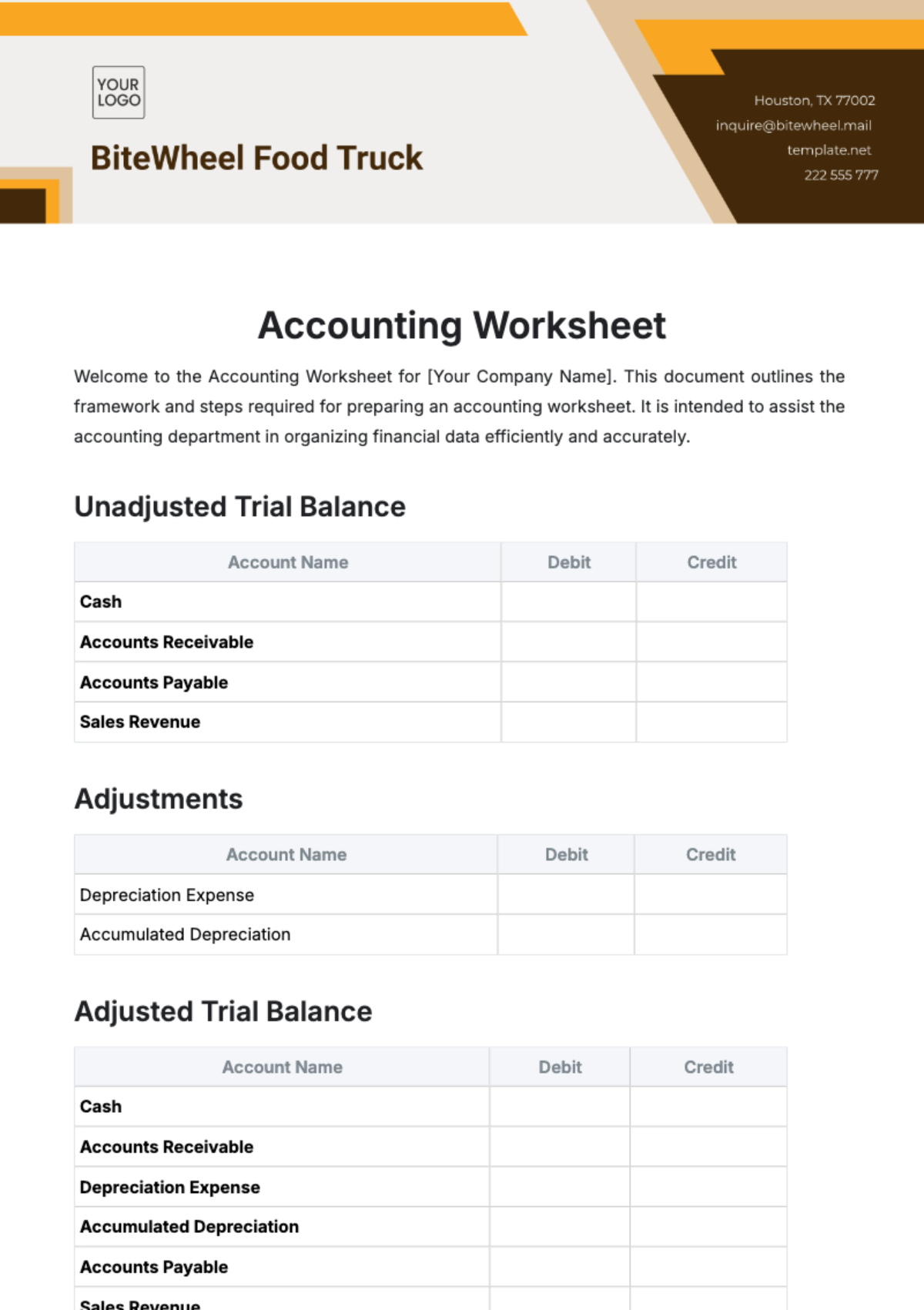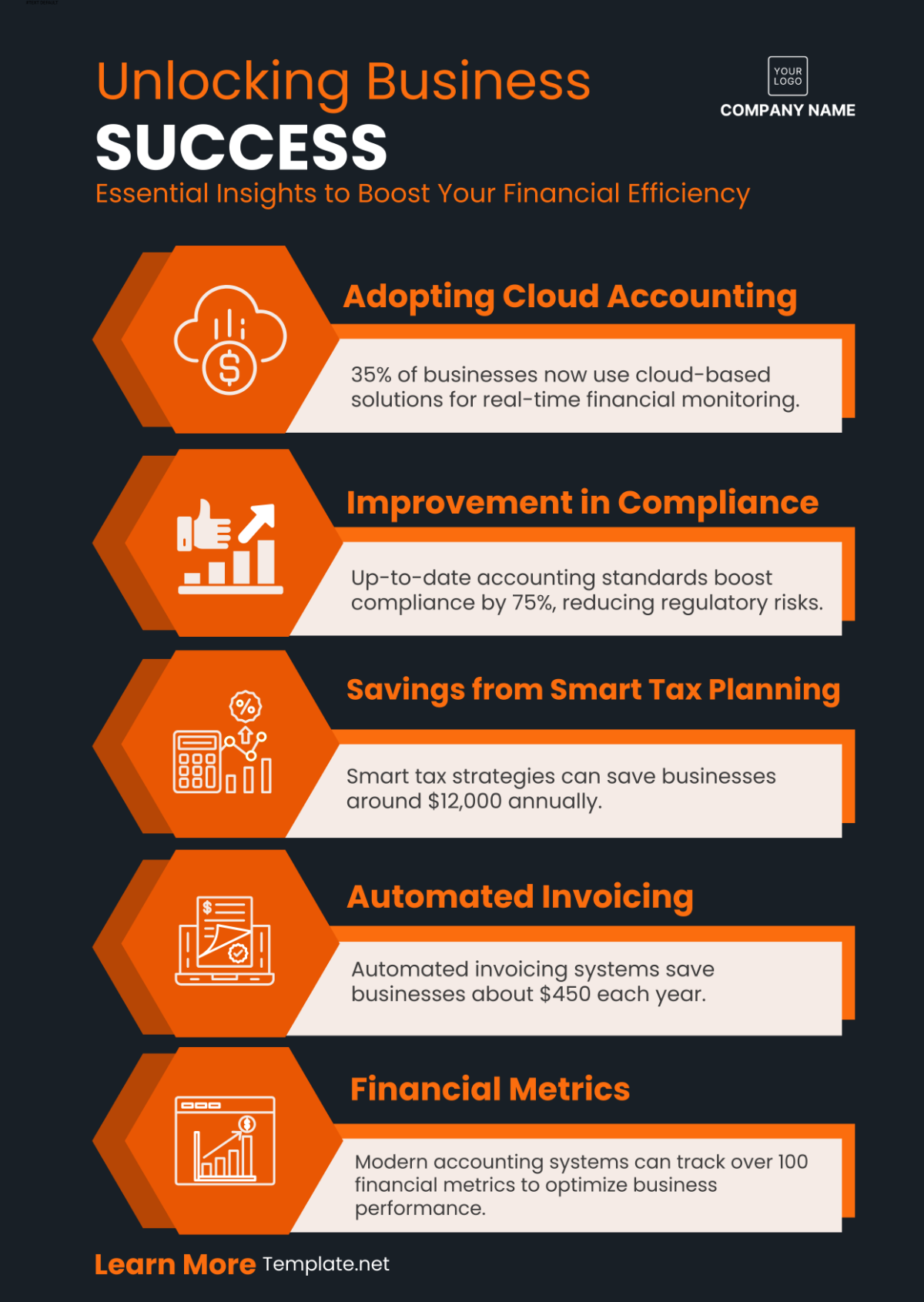Account Management
TABLE OF CONTENTS
Introduction.................................................................................................................3
Scope...........................................................................................................................4
Policy Statements.......................................................................................................5
Breach of Policy...........................................................................................................7
Policy Communication and Training...........................................................................8
Evaluation of Policy Effectiveness..............................................................................9
Compliance Monitoring and Enforcement..................................................................10
Policy Review.................................................................................................................11
Introduction
The Account Management Policy of [Your Company Name] is designed to institute comprehensive guidelines and standardized procedures essential for efficient and accurate management of the company's financial and transactional accounts. This policy is pivotal in ensuring the integrity of financial reporting and maintaining a high level of accountability within the Accounting Department.
Scope
This policy is uniformly applicable to all personnel within the Accounting Department of [Your Company Name]. It encompasses those employees directly engaged in the management, processing, oversight, and reporting of financial accounts. The policy serves as a mandatory framework for all such activities to safeguard the company’s financial health and regulatory compliance.
Policy Statements
The following policy statements constitute the core of the Account Management Policy at [Your Company Name]. They are designed to establish a structured and consistent approach towards the management, reporting, and safeguarding of the company's financial assets. Each statement reflects our commitment to upholding the highest standards of financial integrity, accuracy, and security.
Account Management:
The Accounting Department is responsible for meticulously maintaining and updating all financial account records of [Your Company Name]. This includes ensuring that every financial transaction, receipt, and adjustment is accurately recorded in a timely manner. The aim is to provide a reliable and comprehensive financial overview, facilitating better financial decision-making and reporting.
Financial Integrity:
It is imperative that all financial transactions are conducted with utmost precision and in strict compliance with the established financial protocols and control measures of [Your Company Name]. In the event of discrepancies or errors, these must be promptly reported and addressed through appropriate corrective measures. This commitment to financial integrity is fundamental in preserving the trustworthiness of our practices.
Review and Audit:
To uphold the highest standards of financial accuracy and consistency, regular and systematic reviews and audits of all financial accounts are mandatory. These audits are to be conducted by authorized personnel within the department, utilizing rigorous methodologies. This process is crucial in verifying the validity of our financial data and in identifying areas for improvement in our financial management practices.
Data Privacy and Security:
In alignment with legal obligations and ethical considerations, the Accounting Department is strictly bound to adhere to all relevant data privacy laws and regulations. This includes the implementation of robust security measures to protect the integrity and confidentiality of all financial records and sensitive financial information. The department is tasked with preventing unauthorized access and ensuring the secure handling of all financial data.
These policies serve as the foundational principles that every member of the Accounting Department is expected to adhere to and embody in their daily operations. It is through these policies that we strive to maintain and enhance the financial health and reputation of [Your Company Name].
Breach of Policy
At [Your Company Name], we consider any violation of the Account Management Policy to be a matter of grave concern. The response to breaches will be proportionate to their severity and nature, and may encompass a range of disciplinary actions:
For minor infractions of the Account Management Policy, the response will typically involve issuing formal warnings or necessitating mandatory retraining. These measures are designed to correct behavior and reinforce the importance of adherence to policy standards.
In cases involving more appalling or repeated violations, the disciplinary actions will escalate accordingly. This may entail suspension from duties or, in extreme circumstances, termination of employment. Such stringent responses are reserved for severe breaches to underscore the critical nature of maintaining the highest standards of financial conduct within the company.
Any unauthorized access, disclosure, or mishandling of sensitive company data, customer information, or intellectual property will be treated as a significant breach of policy. Responses may involve not only disciplinary actions but also potential legal consequences and regulatory reporting, in line with data protection laws.
Conflicts of interest, where employees prioritize personal interests or external relationships over the best interests of the company, are strictly prohibited. Breaches of this nature will be thoroughly investigated, and appropriate measures will be taken, which may include reassignment, suspension, or even termination.
Violations of the company's anti-harassment and anti-discrimination policies will be dealt with swiftly and decisively. Such breaches may result in disciplinary actions ranging from mandatory sensitivity training to suspension or termination, depending on the severity of the offense.
Any involvement in insider trading or the unauthorized disclosure of non-public company information for personal gain is a grave violation. Violators will face stringent legal consequences, including potential criminal charges, in addition to internal disciplinary actions.
Employees who fail to report policy violations they become aware of may also be subject to disciplinary actions. Reporting breaches is crucial for maintaining transparency and the overall integrity of our policies, and failure to do so will not be tolerated.
Retaliating against employees who report policy violations, ethical concerns, or illegal activities through proper whistleblower channels is strictly prohibited. Any breach of this protection for whistleblowers will result in serious consequences, including disciplinary actions and potential legal ramifications.
Misappropriation or unauthorized use of company resources, such as equipment, supplies, or intellectual property for personal gain or purposes unrelated to work, constitutes a breach of policy. Disciplinary actions may include warnings, restitution, or, in severe cases, termination.
Failure to comply with health and safety regulations, both internal and external, puts employees, clients, and the company at risk. Breaches of health and safety policies will be investigated rigorously, with potential consequences ranging from mandatory safety training to suspension or termination, depending on the gravity of the violation.
The course of disciplinary action will be determined following a comprehensive investigation into the breach. This investigation will take into account various factors, including the intent behind the violation, its impact, and the frequency of occurrence.
By enforcing this policy stringently, we aim to ensure the continued prioritization of financial integrity, precision, and security in our financial management practices. The following table provides a framework for understanding the potential disciplinary actions based on the nature and severity of the breach:
Severity of Breach | Nature of Violation | Potential Disciplinary Action |
|---|---|---|
Minor | Accidental, infrequent | Warning, retraining |
This structured approach ensures that all employees are aware of the consequences of not adhering to the policy, thereby promoting a culture of accountability and integrity within the Accounting Department.
Policy Communication and Training
Effective communication and training are essential to the successful implementation of the Account Management Policy at [Your Company Name]. This section outlines the strategies and procedures for disseminating policy information and providing training to relevant personnel:
Initial Communication:
Upon introduction or revision of the policy, a comprehensive communication strategy will be employed. This will include email announcements, postings on internal communication channels, and departmental meetings to ensure all employees are aware of the policy and its implications.
Email Announcements: Thoughtfully crafted emails will be sent to all employees. These emails will provide a concise yet informative overview of policy changes. Emphasis will be placed on the significance and relevance of the policy to individual roles within the organization. Emails ensure direct access to information, promoting transparency and accessibility.
Internal Communication Channel Postings: Policy information will be posted on internal communication channels. These posts will strategically appear where employees routinely access information. The goal is to ensure visibility and awareness among all employees. Posts may include supplementary resources or links to the full policy document for in-depth information.
Departmental Meetings: Meetings will be conducted at the departmental level. Employees will have the opportunity to ask questions, seek clarifications, and engage in discussions about the policy's implications for their roles. Departmental leaders will be trained and equipped with resources to facilitate these discussions effectively.
Training Programs:
Mandatory training sessions will be conducted for all employees in the Accounting Department, and for any other employees whose roles are impacted by the policy. These sessions will cover the key aspects of the policy, the importance of compliance, and the consequences of policy breaches.
Mandatory Training Sessions: Comprehensive mandatory training sessions will be organized for specific groups of employees, including all individuals in the Accounting Department. In addition to Accounting Department staff, any other employees whose roles are directly impacted by the policy will also be included in these training sessions. The inclusion of affected employees outside the Accounting Department demonstrates our commitment to holistic policy awareness and adherence.
Content and Focus: These training sessions will delve into the core aspects of the policy, providing a detailed understanding of its requirements, guidelines, and expectations. The significance of compliance will be underscored, emphasizing how adherence to the policy aligns with our organizational values and goals. Attendees will gain insight into the consequences of policy breaches, fostering a clear understanding of the potential ramifications of non-compliance.
Interactive and Engaging Approach: To enhance the effectiveness of these training programs, an interactive and engaging approach will be adopted. This may include real-life case studies, group discussions, and scenario-based simulations. By actively involving participants in the learning process, we aim to ensure that the policy's principles are not only comprehended but also practically applied in their daily responsibilities.
Refresher Courses:
Regular refresher courses will be scheduled to keep employees up-to-date with any changes to the policy and to reinforce the principles and practices outlined in the policy.
Scheduled Refresher Courses: We will establish a well-structured schedule for these refresher courses, ensuring that they occur at regular intervals throughout the year. This regularity is vital to keeping our workforce consistently informed and up-to-date with any changes or amendments to our policies.
Knowledge Updates: Refresher courses will primarily focus on communicating any modifications, updates, or revisions to existing policies. This ensures that our employees remain well-versed in the latest policy developments, facilitating a proactive approach to compliance.
Reinforcement of Principles and Practices: Beyond policy updates, these courses serve as a platform to reinforce the core principles and practices articulated within our policies. Through engaging content, interactive discussions, and practical exercises, employees are reminded of the importance of adhering to these principles in their daily responsibilities.
Promotion of a Learning Culture: These courses embody our commitment to fostering a continuous learning culture within the organization. They provide employees with opportunities for ongoing development, encouraging them to stay informed, engaged, and proactive in maintaining the highest standards of conduct.
Accessibility and Inclusivity: To ensure accessibility and inclusivity, these refresher courses will be made available through various formats, including in-person sessions, webinars, and digital resources. This approach accommodates diverse learning preferences and allows all employees to participate effectively.
Resource Availability:
The full text of the policy, along with supplementary materials and resources, will be made readily accessible to all employees. This may include an online portal, printed handbooks, or informational pamphlets.
Feedback Mechanism:
A feedback system will be established to allow employees to ask questions, provide suggestions, and express concerns regarding the policy. This feedback will be used to improve future training and policy revisions.
By prioritizing clear communication and comprehensive training, [Your Company Name] ensures that all employees are well-informed and equipped to adhere to the Account Management Policy, thereby fostering a culture of compliance and ethical financial management.
Evaluation of Policy Effectiveness
To ensure that the Account Management Policy at [Your Company Name] is not only compliant but also effective in achieving its objectives, a robust evaluation mechanism is established. This section outlines the methodologies and criteria for assessing the effectiveness of the policy:
Performance Metrics and KPIs:
Key Performance Indicators (KPIs) and specific metrics will be established to measure the effectiveness of the policy. These may include the number of policy breaches reported, the outcome of compliance audits, and feedback from employees.
Annual Policy Impact Assessment:
An annual assessment will be conducted to evaluate the impact of the policy on the company's overall financial management. This assessment will consider factors such as improvements in financial reporting accuracy, efficiency in account management, and the reduction in violations.
Employee Surveys and Feedback:
Regular surveys and feedback mechanisms will be utilized to gauge employee understanding, acceptance, and application of the policy. This feedback is crucial in identifying areas where the policy may need adjustments or where additional training is required.
External Benchmarking:
Comparisons with industry standards and best practices will be made to ensure that the policy aligns with external benchmarks. This benchmarking will help in identifying areas of improvement and in maintaining a competitive edge in financial management practices.
Review and Revision:
Based on the findings from the evaluations, the policy may be reviewed and revised to address any shortcomings or to incorporate new industry practices and regulatory requirements.
Through this continuous evaluation process, [Your Company Name] commits to maintaining a dynamic and effective Account Management Policy, ensuring that it not only meets compliance standards but also contributes to the overall financial health and operational excellence of the company.
Compliance Monitoring and Enforcement
To ensure the effective implementation and adherence to the Account Management Policy, a rigorous compliance monitoring and enforcement framework is established. This section delineates the responsibilities and processes involved in monitoring compliance and enforcing the policy:
Regular Compliance Audits:
Scheduled audits will be conducted to assess adherence to the policy. These audits will be carried out by an internal audit team or an external auditor, as deemed appropriate.
Reporting Mechanism:
A transparent and confidential reporting mechanism will be in place for employees to report suspected breaches of the policy. This encourages a culture of integrity and accountability within the organization.
Enforcement Responsibility:
The responsibility for enforcing the policy lies with the heads of the Accounting Department, in collaboration with the Human Resources and Legal Departments. They will ensure that any breaches are dealt with promptly and in accordance with the outlined disciplinary actions.
Documentation and Record Keeping:
All findings from compliance audits and reports of policy breaches will be thoroughly documented. This documentation will be reviewed regularly to identify patterns or systemic issues that may require attention or changes to the policy.
Through these measures, [Your Company Name] commits to maintaining a high standard of compliance with the Account Management Policy, thereby ensuring the ongoing integrity and efficacy of our financial management practices.
Policy Review
The Account Management Policy of [Your Company Name] is not static but a dynamic document that requires periodic review and potential amendment to remain effective and relevant. The following outlines the process for reviewing and updating the policy:
Regular Review Schedule:
The policy shall be reviewed biennially by the senior management team of the Accounting Department, or more frequently if necessitated by changes in legal, regulatory, or business environments.
Stakeholder Input:
During the review process, input may be solicited from various stakeholders within the company, including but not limited to accounting staff, legal advisors, and department heads, to ensure the policy remains comprehensive and applicable.
Amendment Procedure:
Any proposed amendments to the policy will be thoroughly evaluated for their impact on current practices. Changes will be documented, approved by the relevant authorities within [Your Company Name], and communicated effectively to all affected personnel.
Implementation and Training:
Post-amendment, appropriate training and resource allocation will be provided to ensure seamless adaptation to the updated policy.
This process ensures that the Account Management Policy remains a living document, adapting to evolving business needs and regulatory sector, thereby safeguarding the company's financial integrity and operational efficiency.
